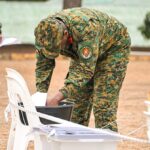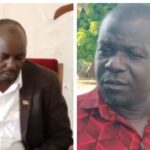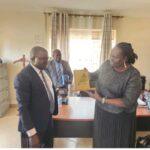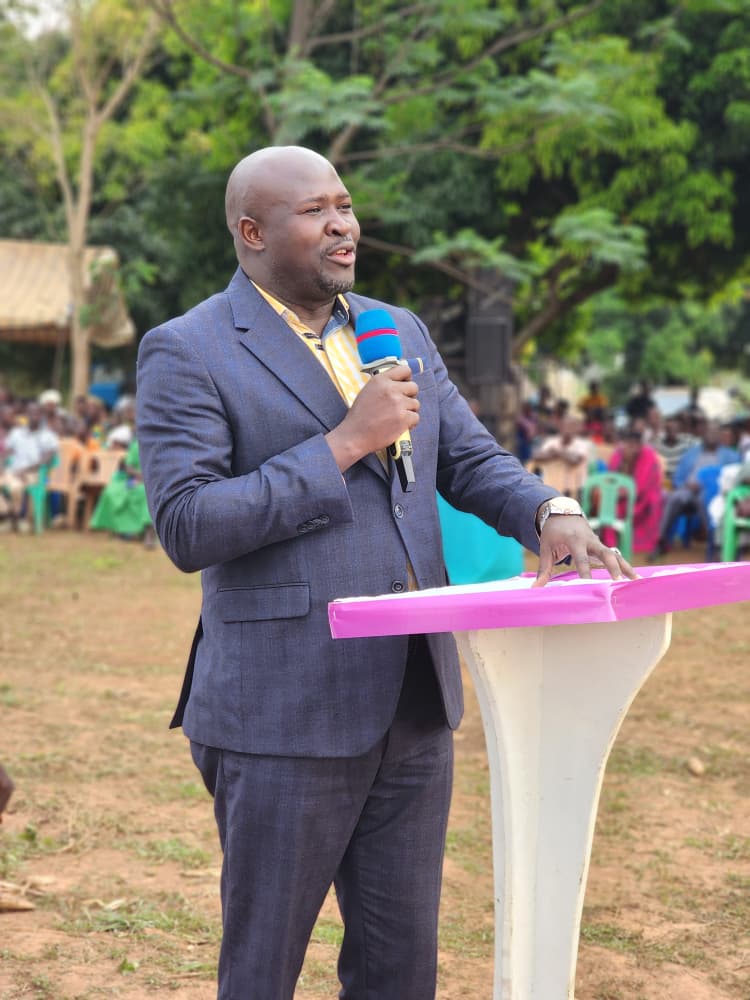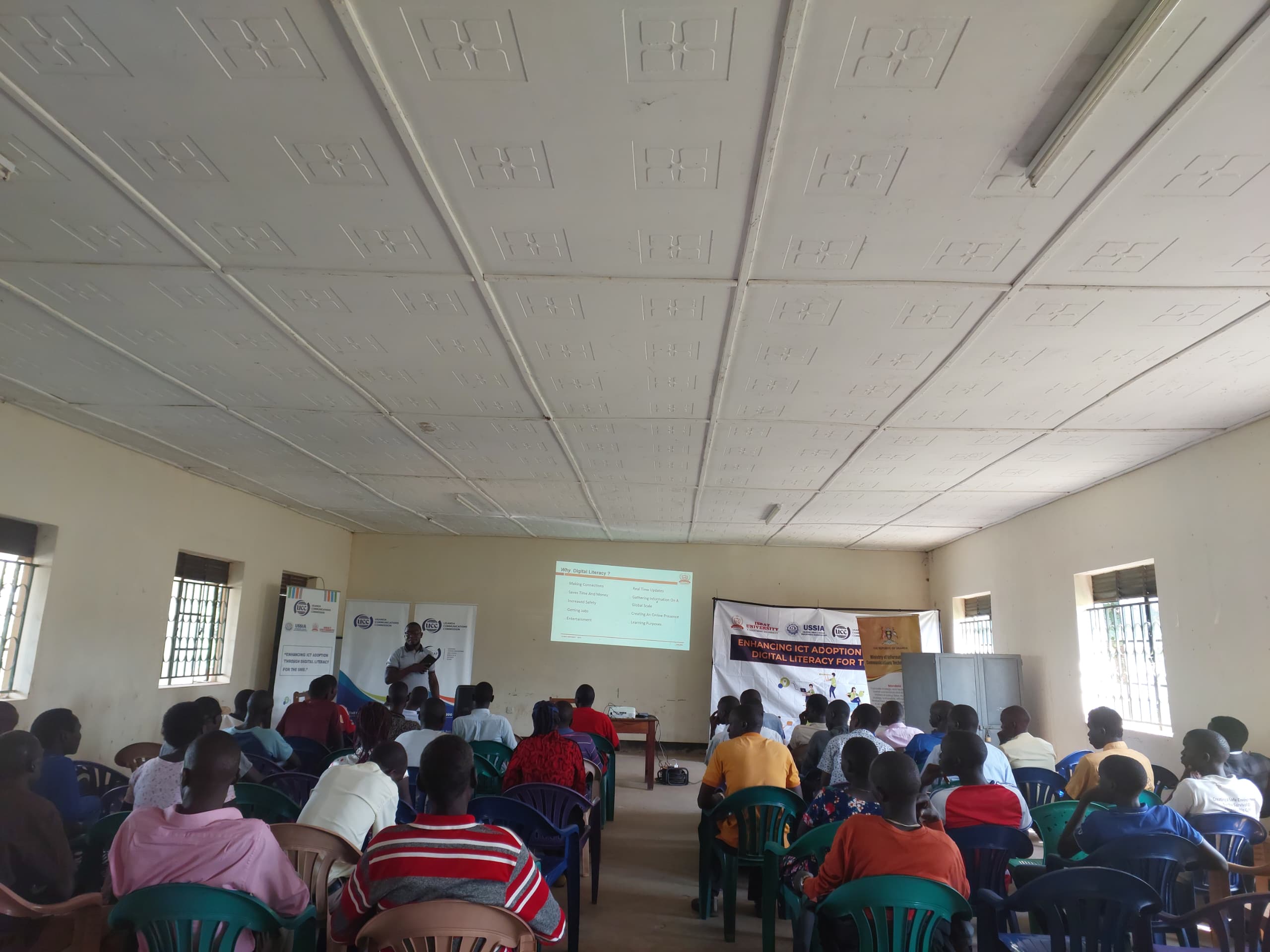Several primary school pupils from government schools in Amolatar District have joined private schools as government teachers continue their strike. Since September 15, 2025, the Uganda National Teachers’ Union (UNATU) activated a nationwide industrial action over salary disparities between science and arts teachers, leaving many schools deserted.
In Amolatar, the impact on local education is increasingly evident. During an impromptu visit to Muntu Primary School, URN found empty classrooms from Primary One to Primary Six, a stark reminder of the ongoing strike. However, in a rare exception, Tom Wece, a Primary Seven teacher, was seen preparing his candidates for the forthcoming Primary Leaving Examinations (PLE).
He explained that despite the industrial action, he and three other teachers out of the seventeen deployed at the school chose to assist their P7 pupils — driven by dedication, compassion, and the need to improve performance after poor results in the pre-PLE exams, even as they face criticism from striking colleagues.
Translation: “P.6 are coming about three to five learners per day, and the available teachers are helping them, but the main class being taught vigorously is the P.7, and as we talk, we are doing revision exercises. We have ten sets of exams, one is already done, marked and we are doing corrections. We believe that if they continue coming and with support from the parents, we shall get good results. As P7 teachers, we resolved that in order to avoid the shame we got from mock results, we must struggle to ensure a better PLE result. People are sending derogatory messages about us on our WhatsApp platform, but we said home is home.”
A similar situation is unfolding at Aberler Primary School, where a teacher who requested anonymity confirmed that only Primary Seven pupils are receiving assistance, while the other classes remain unattended.
Recognizing the void left by the strike in government schools, several private schools in the district have begun admitting pupils from government schools for a small fee. For instance, Ebenezer Nursery and Boarding Primary School admitted 30 pupils in a single day last week.
Emmanuel Odur, the head teacher of Ebenezer, said normal learning is ongoing, though the new entrants are behind in syllabus coverage. “As Ebenezer, we are teaching our learners, and we received many learners from government schools, but they were surprised to find that we have gone so far in the syllabus. We are still admitting them, and we are committed to ensuring that they catch up with our learners in order to get good results,” he said.
At Storm Nursery and Boarding Primary School, 35 pupils from government schools have been registered so far. Geoffrey Opon, the school’s director, explained that they continue to admit new learners even in third term — a move that goes against school policy — citing the need to adapt during difficult times.
Robert Ocen, the head teacher of Destiny Primary School, also reported an influx of new pupils from government schools, indicating that parents are seeking alternatives for their children’s education. Despite being a new school established this year, he expressed confidence in its ability to deliver quality learning.
Meanwhile, Sam Odongo, the chairperson of the Amolatar business community, acknowledged the wider social impact of the strike and urged pupils to remain disciplined and respectful while at home.
As the strike persists, the divide between public and private education continues to widen, raising concerns about educational equity and the future of countless pupils in Amolatar District.
SOURCE: Uganda Radio Network


